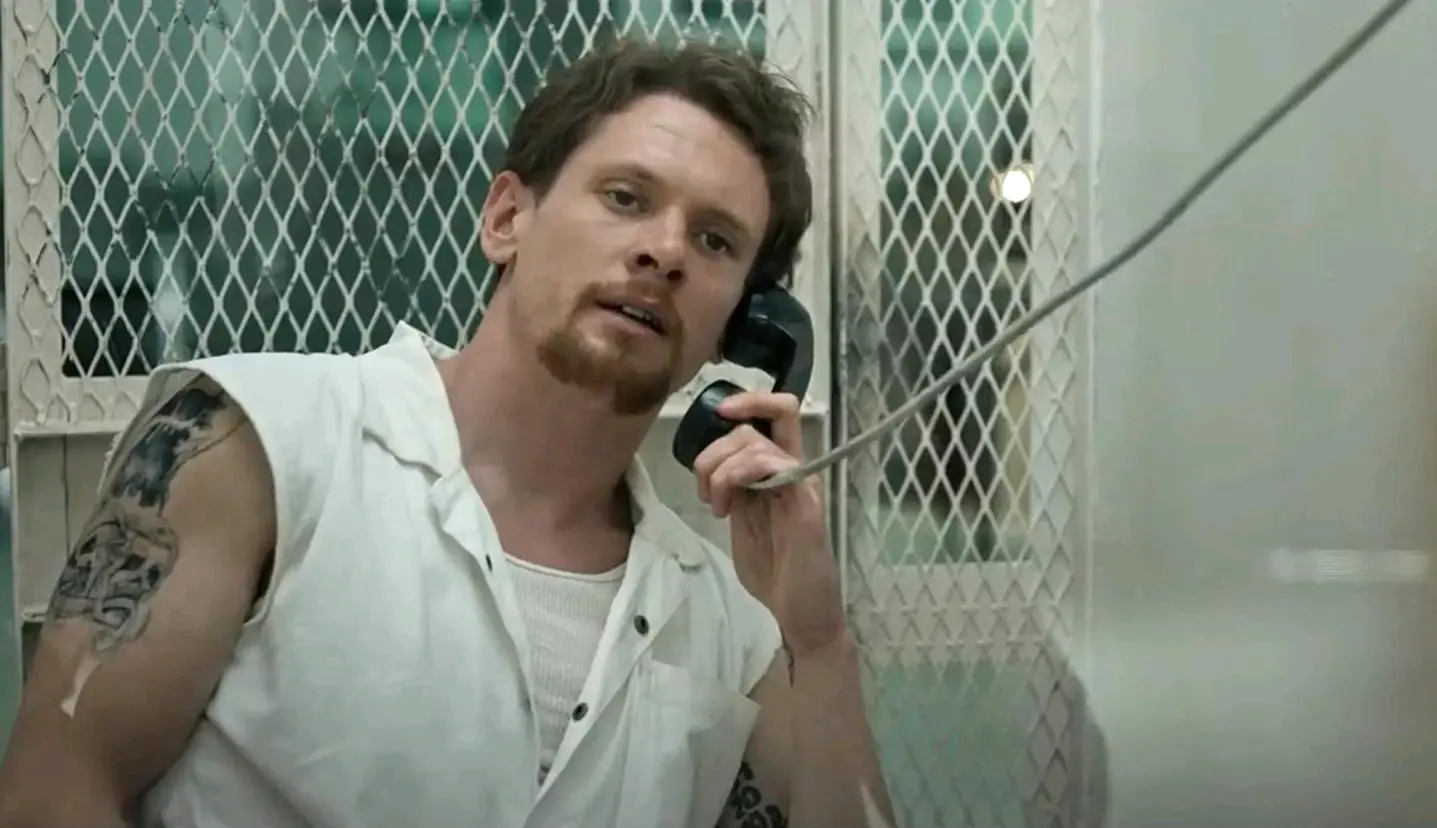Summary
Trial By Fire combustible unlikeable his
Director Ed Zwick has always had a knack for drawing the viewer in with a killer opening scene or sequence. If you look down his filmography, the examples that come to mind are when Djimon Hounsou was kidnapped and separated from his family in a civil war-ravaged Sierra Leone in Blood Diamond, or the skull-crushing opening that resulted in Matthew Broderick waking up to a sun-soaked Morgan Freeman in Glory. The man knows how to set the tone of a film and keep it there. Take the opening scene in Trial By Fire, shot from a knee’s height angle from the perspective view of a child and perfectly framed; you watch a shirtless man, covered in dark ash from hot flames that are burning the cheap wallpaper of his rundown home, and screaming for help because his babies are trapped inside. He peculiarly stumbles over to his classic car, opening the driver’s side door, and backs in out of the driveway, looking like he was saving his mustang before his three fair daughters. Cameron Todd Willingham is not likable — in fact, he is despicable in most cases; he looks like he wasn’t fit to take care of his kids, and he will be put to death for it. Trial by Fire should have been titled Trial by Book Cover.
Zwick’s new film is based on the deeply disturbing true story of Cameron Todd Willingham (a stirring, warts and all performance by Jack O’Connell) who was executed by lethal injection in the state of Texas for being convicted by a jury of his peers of killing his three children. Experts touted scientific evidence showing he did it, even though they were making giant leaps that were basically assumptions. Look at a good story — you never let the facts get in the way. The prosecutors didn’t and weren’t going to start now even if a trial had the potential to convict an innocent man. Not surprisingly, onlookers and outside observers were out for blood. These people vote, you see, and politics were played a winning hand by suppressing expert testimony that would have proven his innocence; the deaths of the three beautiful little girls demanded that someone pays for the crime, the fix was in, and the people got their man.

the ( ) York article. argued is movie here is as a
an O’Connell enough combustible performance, and a his criminal justice .



